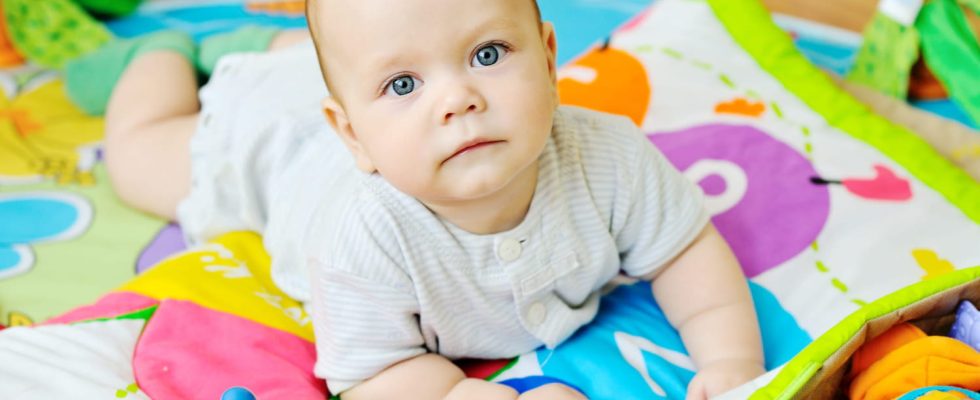When she picked up her baby from daycare, a mother had the horrible surprise to see him covered in 20 bite marks, “completely disfigured”. A case that raises a question common to all parents: how do you know if your child is feeling good or bad when you leave him or her during the day? The opportunity to question Rachida Raynaud, psychologist, about the signs that should alert parents.
In the Alpes-Maritimes, a mother picked up her one-year-old child, covered in bites, after a day at daycare. “He came on all fours towards me and I saw him completely disfigured“, she confided this November 16, 2023 to Nice-Matin. Bitten in the face by another child, the director had warned the mother, assuring her that the nursery doctor had examined him. But on his arrival, the young woman is shocked when she sees her baby. “You would have thought he had had a boxing match. I was told that a child had bitten him, that it was a hug that had spilled over. I don’t blame that child or his Mom, I’m mad at the adults who are supposed to be watching.” she added. This case is unfortunately not isolated. A report unveiled last spring by the General Inspectorate of Social Affairs (IGAS) revealed dysfunctions within several French nurseries. If in the majority of cases, everything goes well at the nursery or with the childminder, it happens that, in certain cases, care becomes a source of worry for the parents. So how do you spot the signs?
Discomfort at daycare or with the nanny: signs not to be overlooked
Once the adaptation period has passed, and after giving the child the necessary time to feel completely comfortable, certain signs should not be overlooked. “The first thing to be vigilant about as a parent is the quality of communication with the people who look after the child. You have to feel comfortable, be well received, listen well to others side. If something is not clear or calm, you have to be careful“, recommends Rachida Raynaud.
In very young children, between 0 and 1 year old, you must be very attentive to the physical signs on the child’s body: presence of repeated scratches, unusual marks, diaper rash that is not present when the baby is at home, weight loss.
“We also monitor changes in behavior : a big regression in terms of sleep, a baby who smiles less, is withdrawn or hypervigilant, refuses to eat. But we must nevertheless take this with caution and not put everything down to childcare.“, recalls the psychologist.
There may be a transitional phase, with regressions and changes in behavior when the child begins care, but this is not meant to last. If the change is temporary, it is therefore quite normal. If, on the other hand, the change is sudden and lasts for several months, then you must try to communicate with the people taking care of the child, ask yourself the question of adaptation and the experience during the time of care.
After the age of one year, in addition to the physical signs, we will also be attentive to the development of emotions : renewed anger, aggressiveness towards parents or within siblings, symbolic games where the child will mainly and/or suddenly start to scold, hit, loss of curiosity, of desire in general for the environment, games. Once again, it is the excess and persistence of these signs that should raise alarm. “It is also important to look at how the child is received. Does he smile, does he spontaneously hug or, on the contrary, does he show excessive fear?“, explains the psychologist.
My child feels unwell at daycare, what should I do?
It is very important to maintain dialogue with the nursery staff or childminder, to be able to discuss the child’s daily life every day. “The first thing to do if you feel that something is wrong is to show that you are present as a parent, to question, to be in communication rather than immediately being suspicious. Sometimes, understanding things, hearing explanations, talking with other parents whose child is in care, helps to ease concerns.“, observes Rachida Raynaud.
Thanks to Rachida Raynaud, Child-Adolescent-Parental Psychologist.
